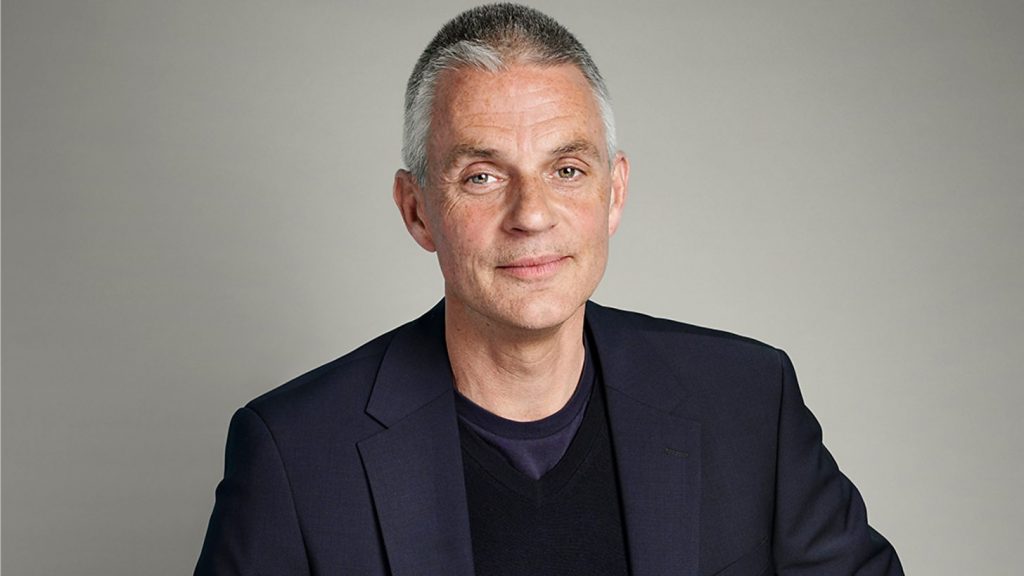BBC publishes new social media guidance for staff
September 28, 2023

The BBC has published revised guidance on the personal use of social media for everyone working at the BBC. The update focuses on everyone working for the BBC respecting “high standards of civility in public discourse” and not bringing the organisation into disrepute.
This follows a review by former TV executive John Hardie, which looked at the BBC’s guidance covering “individual use of social media” in relation to those working as on-air freelancers outside of News, Current Affairs and Factual journalism.
Hardie said: “The BBC should set a new mission to promote civility in public discourse, and insist that all those who present BBC programmes should respect diversity of opinion and exemplify the BBC’s ethos of civility on social media.”
Informed by Hardie’s Review, the BBC has updated its social media guidance for staff and freelancers, which was first published three years ago in autumn 2020. This now includes specific guidance for those presenting “Flagship Programmes”. This is in addition to the existing impartiality guidance for individuals working in news and current affairs and factual journalism production, which remains the same.
The guidance balances freedom of expression, the responsibilities of freelancers to the BBC and the expectations of audiences, while also ensuring our rules are clear, simple, transparent, and enforceable.
It sets out:
- Those working in news and current affairs (across all Divisions) and factual journalism production, along with all senior leaders, have a particular responsibility to uphold the BBC’s impartiality through their actions on social media and so must abide by the strictest rules on impartiality,
- Those presenting Flagship Programmes on the BBC carry a particular responsibility to respect the BBC’s impartiality, because of their profile on the BBC. This responsibility extends to their use of social media, during the periods when these Flagship Programmes are on air, and for a two-week window before and after the transmission of each series they present.
- Other BBC staff or freelancers are not required to uphold the BBC’s impartiality through their actions on social media. They are however required to respect civility in public discourse and to not bring the BBC into disrepute.
Setting out his recommendations, Hardie said: “High-profile presenters outside of journalism should be able to express views on issues and policies – including matters of political contention – but stop well short of campaigning in party politics or for activist organisations”.
He added it’s “appropriate to set the highest expectations for social media conduct of the main presenters of its flagship brands and craft specific, proportionate guidance for them […] It is clear that the British public expect BBC non-news presenters to maintain high standards on social media and respect an appropriate balance between impartiality and freedom of expression. It is timely for the BBC to clarify where that balance lies.”
Alongside the updated guidance, the BBC has published a list of its Flagship Programmes and the presenters connected to them. This list will be kept under review.
Flagship Programmes have been identified due to their regular, high audience reach and because they have been on the BBC for a significant period of time. The guidance applies to the main presenter or presenters, not to other contributors or guests.
The BBC says the new guidance recognises the importance of freedom of expression and is clear freelancers are free to talk about the issues that matter to them, including issues that are the subject of public and political debate.
In line with the BBC’s commitment to impartiality, the guidance also sets out that while the programme is on air and for a two-week window before and after the series, presenters working on Flagship Programmes must not:
- Endorse or attack a political party (including parties in government or opposition).
- Criticise the character of individual politicians in the UK.
- Comment on any issue that is a matter of political debate during the election period for UK general elections and referendums in any part of the UK.
- Take up an official role in campaigning groups or become involved in fundraising for campaigning.
The guidance for encouraging civilised public debate on social media – which covers anyone working for the BBC – states:
- Do treat others with respect, even in the face of abuse.
- Do not use offensive or aggressive language and do conduct yourself with courtesy.
- Do take particular care when commenting on the issues that provoke the greatest debate.
- Do not attack individuals, even when you disagree with their views.
- Do be careful with rebuttals – they can feed conflict
- Do not criticise your colleagues in public. Respect the privacy of the workplace and the confidentiality of internal announcements
- Do not be drawn into ill-tempered exchanges, or exchanges that will reflect badly on you, or the BBC.
- Do not promote law breaking
BBC Director-General Tim Davie commented: “We all have a responsibility to treat people with civility and respect, particularly at a time when public debate and discussion, both on and offline, can be so polarised. The BBC also has important commitments to both freedom of expression and impartiality – and this rightly extends to social media. I would therefore like to thank John Hardie, and all those who took part in this review, for such a thorough, clear and considered report. Clarity on how those working for the BBC use social media is not only important for them and the organisation, but also for our audiences. The new guidance, which includes new requirements for presenters of our flagship programmes, is both proportionate and fair and protects these commitments.”
